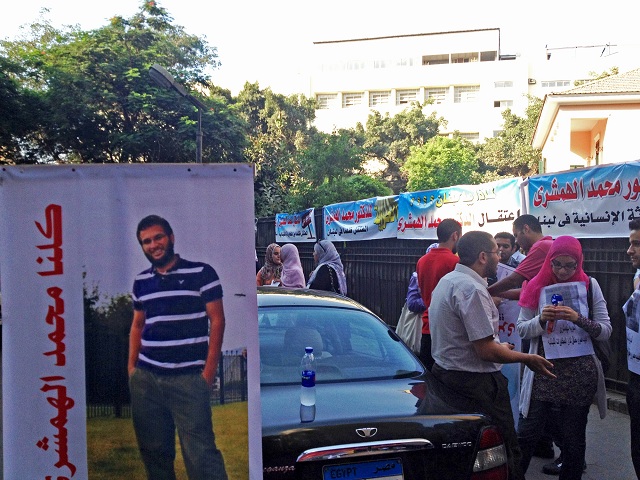Secretary-General of the Egyptian Agency of Partnership for Development (EAPD), Mohamed Khalel, visited the Egyptian Space Agency in order to discuss ways of cooperation between the two sides.
The two sides considered ways to support the EAPD with regard to training programmes that could be provided for specialists in the field of manufacturing and testing satellites and the fields of space sciences.
The ambitious project undertaken by the Egyptian Space Agency, which was agreed upon during the COMESA summit in November 2021 to discuss the impact of climate change on food security and agriculture in East Africa using the artificial intelligence system, was also addressed.
They also discussed the African Development Moon project that was agreed to be launched during the summit of the Tokyo International Conference on African Development “TICAD” in November 2019, besides mentioning that Egypt will host the headquarters of the African Space Agency, which is currently being equipped within the headquarters of the Egyptian Space Agency.
The visit also included a tour of the headquarters of the Egyptian Space Agency, which included the laboratories for assembling and testing satellites from the environmental and technical aspects.
EAPD was established in July 2014 as the first South-South Cooperation institution in Egypt.
It is affiliated with the Egyptian Ministry of Foreign Affairs to enhance and deepen Egyptian cooperation with African countries and support their efforts to achieve sustainable development.
The agency is seeking to establish a project in the field of fisheries in Lake Chad, an ice and refrigeration factory, and projects in the field of food industries in African countries.
It also has, over the past years, organized training courses in many fields such as agriculture, health, education, communications and information technology, and security.
The is concerned with the Nile Basin countries, as it provides medical and humanitarian assistance and medical convoys, in addition to capacity-building programmes for the basin countries in various disciplines.


